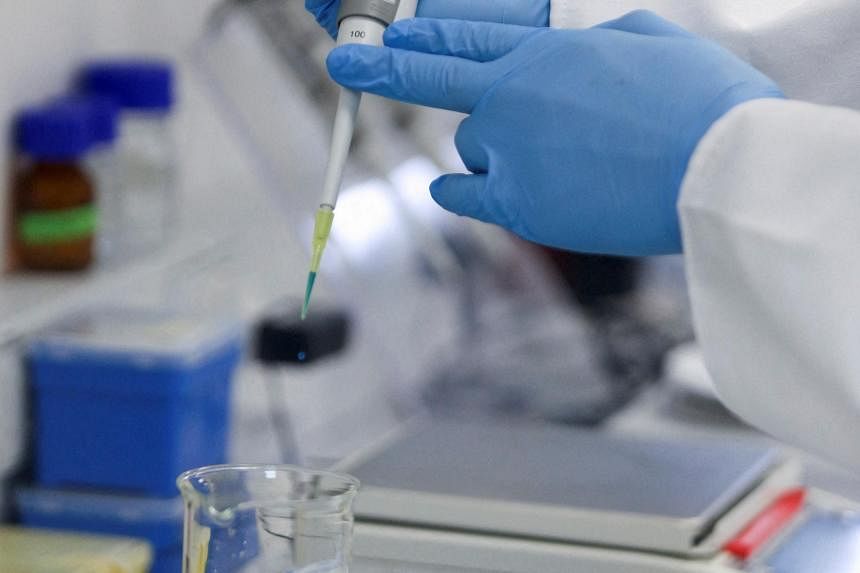NEW YORK – Why do we grow old and die?
In the 19th century, German biologist August Weismann argued that the machinery of life inevitably wore out with time.
Death had evolved “for the need of the species”, he declared. It cleared away weak, old individuals so they would not compete with young ones.
That explanation never made sense to Dr George Williams, an American evolutionary biologist. Natural selection acts only on the genes that are passed down from one generation to the next. What happens at the end of an animal’s life can have no effect on the course of evolution.
It occurred to Dr Williams that growing old might instead be an inescapable side effect of natural selection.
In 1957, he proposed a new theory: Genetic mutations that increased an animal’s fertility could also cause harm late in life. Over many generations, those mutations would create a burden that would lead eventually to death.
A new study, published on Dec 9 in the journal Science Advances, bolsters Dr Williams’ theory using a trove of human DNA.
Researchers found hundreds of mutations that could boost a young person’s fertility and that were linked to bodily damage later in life.
Smaller studies in the past had already offered some support for Dr Williams’ theory.
In 2007, for example, a team of researchers studying a tiny worm found a pair of mutations that lengthened the creature’s life while cutting down its average number of offspring.
But Dr Zhang Jianzhi, an evolutionary biologist at the University of Michigan, was not satisfied with these experiments.
“These are case studies,” he said. “We don’t know if in the entire genome there are lots of such mutations.”
Dr Zhang tapped the UK Biobank, a database containing genetic material from half a million volunteers in Britain, along with information on their health and life experiences.
The biobank has permitted scientists to uncover subtle links between genetic variations and thousands of traits such as high blood pressure, schizophrenia and a habit of smoking.
Working with Dr Long Erping, a medical researcher now at the Chinese Academy of Sciences, Dr Zhang pored over the database for information about reproduction and longevity.
The scientists found that the genetic variations linked to fertility, such as the number of children a volunteer had, were also linked to a shorter life span.
What is more, variants that affected reproduction were almost five times more likely to influence longevity than were variants that had nothing to do with reproduction. And variants good for reproduction were far more likely to be bad for long life.
Dr Zhang and Dr Long also found that volunteers with a large number of reproduction-promoting variants had slightly lower odds of surviving to age 76.
Taken together, all of these results suggest that Dr Williams was correct, and that ageing is essentially a side effect of natural selection’s impact on fertility.
“They all point in the same direction,” Dr Zhang said.
He and Dr Long also found evidence hinting that this evolution did not stop some time in our distant past. People in the database who were born in 1965 carried a greater number of reproduction-boosting variants than did people born in 1940.
The idea that fertility variants shorten life span might seem like a paradox, given how much longer people are living these days. In Britain, for example, the average life expectancy is about 80 years, up from 59 years a century ago.
Dr Zhang noted that the mutations he and Dr Long identified each had a tiny influence on a person’s longevity.
As the variants have become more common, the environment has changed drastically, with better food and medicine lowering childhood mortality and helping more people reach older ages.
Dr Steven Austad, an expert on ageing at the University of Alabama at Birmingham, who was not involved in the study, said that detecting the effect of these variants even though life expectancy had increased made the results all the more impressive.
“The pattern is so strong that it comes through these major changes to our life histories in modern times,” he said. NYTIMES

